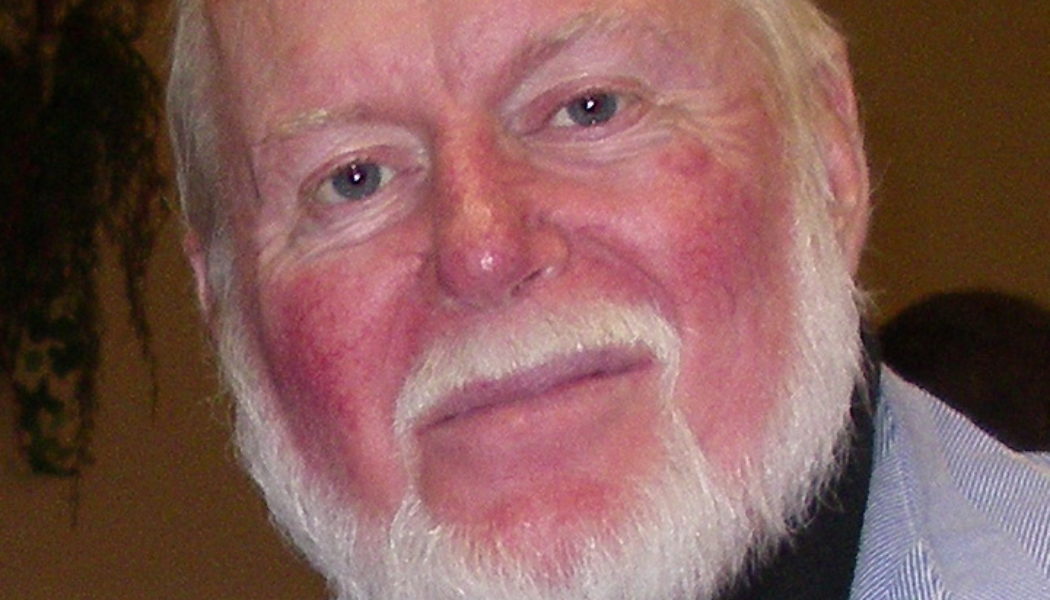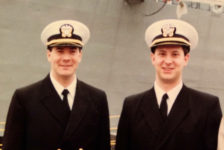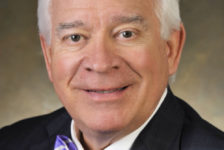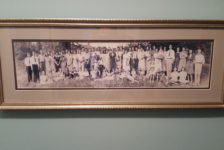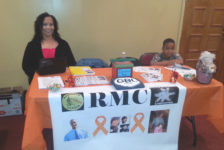Michael B. Lawing is a 20 year survivor of kidney cancer and a passionate patient advocate for others. In addition to his many roles in the cancer community, he is co-chair of the Patient Advisory Board for KCCure. We’re grateful for his service. This is his story.
It was a cold and dreary rainy afternoon the Friday before Thanksgiving as I sat in the crowded emergency room with my wife at my side. I was miserable; sick beyond description. The minutes ticked agonizingly by as I waited to see someone who could give me the results of the CT scan that had been ordered. A few days earlier I had awakened in the middle of the night to excruciating pain, waves of nausea, and a debilitating weakness. I never got sick; this was a new experience for me. My wife insisted that we go to the local hospital, I protested telling her that everything would be okay, that it was “something I ate”. She continued to insist. Finally, I gave in. In the emergency room as the nurse asked me questions I arrived at the self-diagnosis that I had kidney stones. They checked me over, ordered an x-ray, gave me something for pain and sent me home with a strainer to catch the offending stones if I passed them. A couple of days later a phone call from the hospital urged me to come back; a mass had been found on my kidney.
I did not want to go back to that hospital. Since I had no medical problems and seldom got sick I did not even have a family doctor. For years the company I had worked with offered very minimal health insurance coverage. My wife had recently gone to work with a company that had excellent benefits and a week earlier she had gotten established with a local primary care physician. She called him and he made arrangements for me to go to a larger hospital.
Finally the doctor came up to me and knelt down beside my chair, introduced himself and began to tell me the results of the scan. I had never had a CT scan before. His words ran together, but they still echo in my mind; “we have found a large mass on your kidney, and I don’t know how big it is — we will have to run some more tests to figure that out, but it looks bad, real bad. It looks like you have kidney cancer”.
A few weeks later at the first follow-up appointment after my surgery which took place the day after Thanksgiving I learned just how serious kidney cancer was; it didn’t respond to chemotherapy or radiation and while my surgeon was confident that they had removed all the tumor which was completely surrounding my right kidney he began to tell me that the risk of recurrence for my case was very high. He was completely candid with me; as a local surgical urologist he did not know a lot about kidney cancer, and there was not a lot of information available. Furthermore other than surgery he did not know of anything that was effective in treating kidney cancer if metastatic disease occurred. He made a commitment to me to try to learn more about the disease and he encouraged me to do the same, and to advocate for my health and others. He optimistically pegged my survivorship at five years due to my high risk of having recurrent disease, and he added one more thing to his commitment to care for me; he promised to find and refer me to a specialist in kidney cancer if metastatic disease developed.
That happened over 20 years ago. Since then tremendous advancements in the diagnosis and treatment of kidney cancer have taken place. Yet we still lack crucial tools in diagnosis, biomarkers, and even treatments for some subtypes. My original urologist’s advice to learn and to be involved in advocacy is still good advice for all of us.

